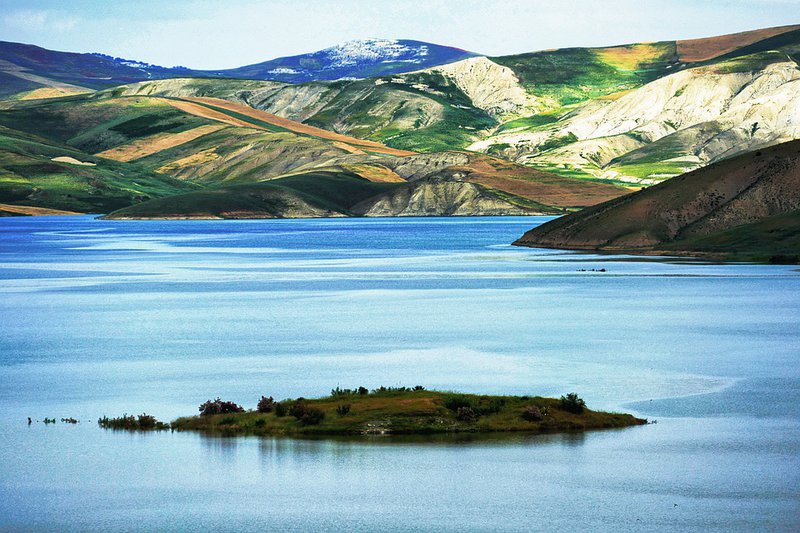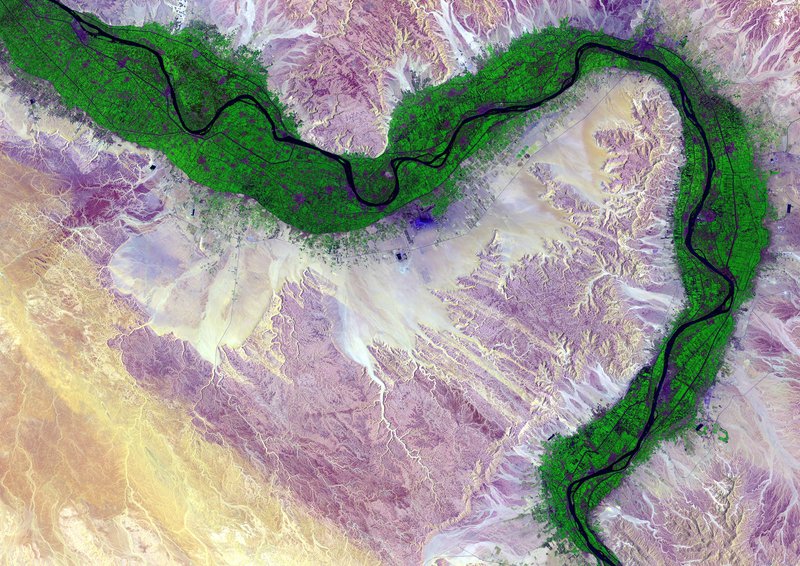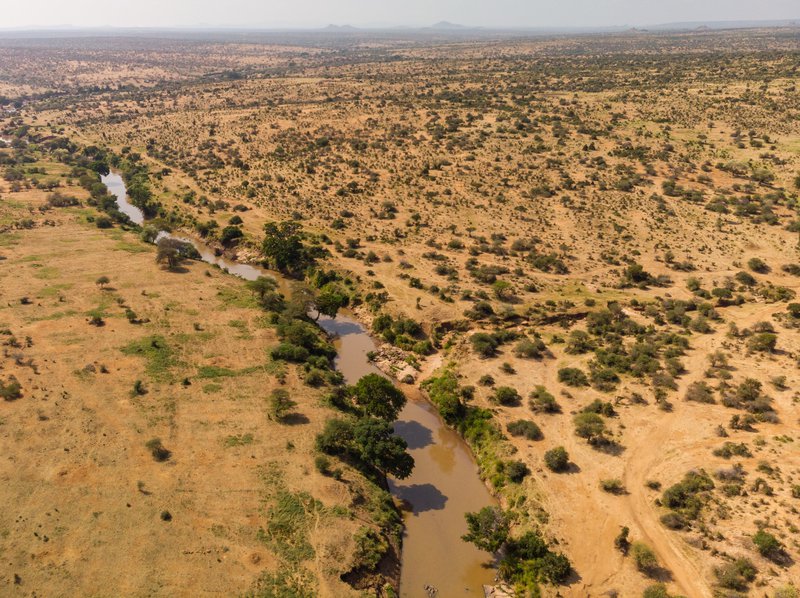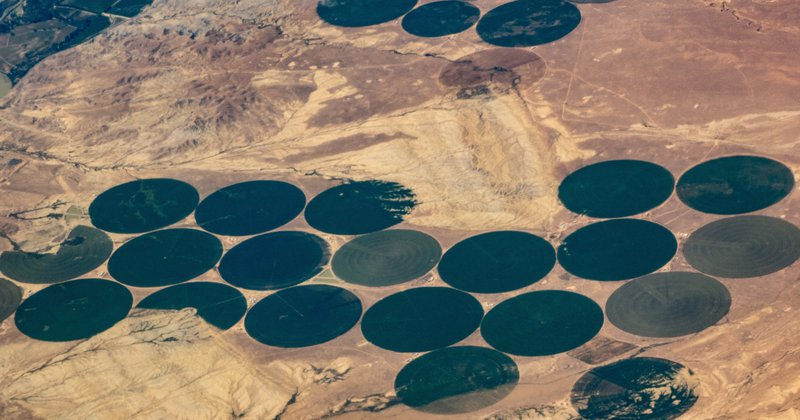According to FAO (2011)2 the impacts of climate change on the global hydrological cycle are expected to vary the patterns of demand and supply of water for agriculture, the dominant user of freshwater. The extent and productivity of both irrigated and rainfed agriculture can be expected to change. As a result, the livelihoods of rural communities and the food security of a predominantly urban population are at risk from water-related impacts linked primarily to climate variability. The rural poor, who are the most vulnerable, are likely to be disproportionately affected. Adaptation measures that build upon improved land and water management practices are fundamental in boosting overall resilience to climate change.





